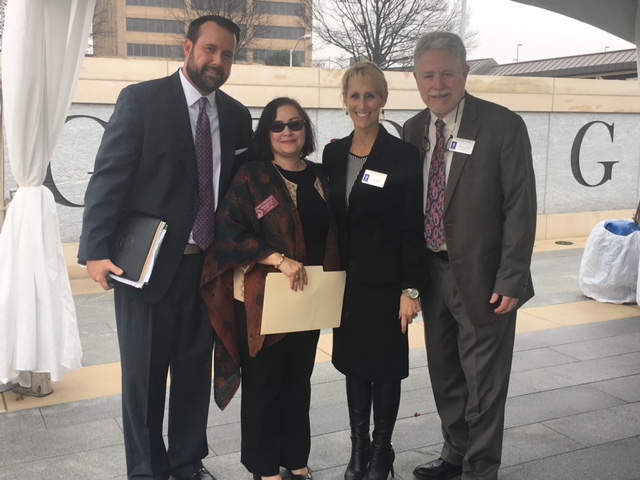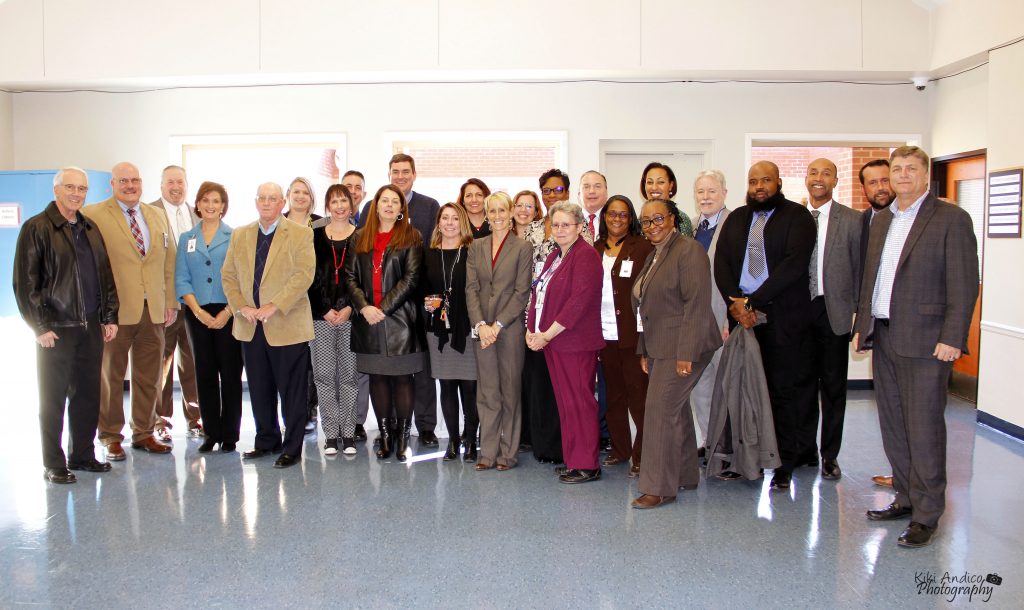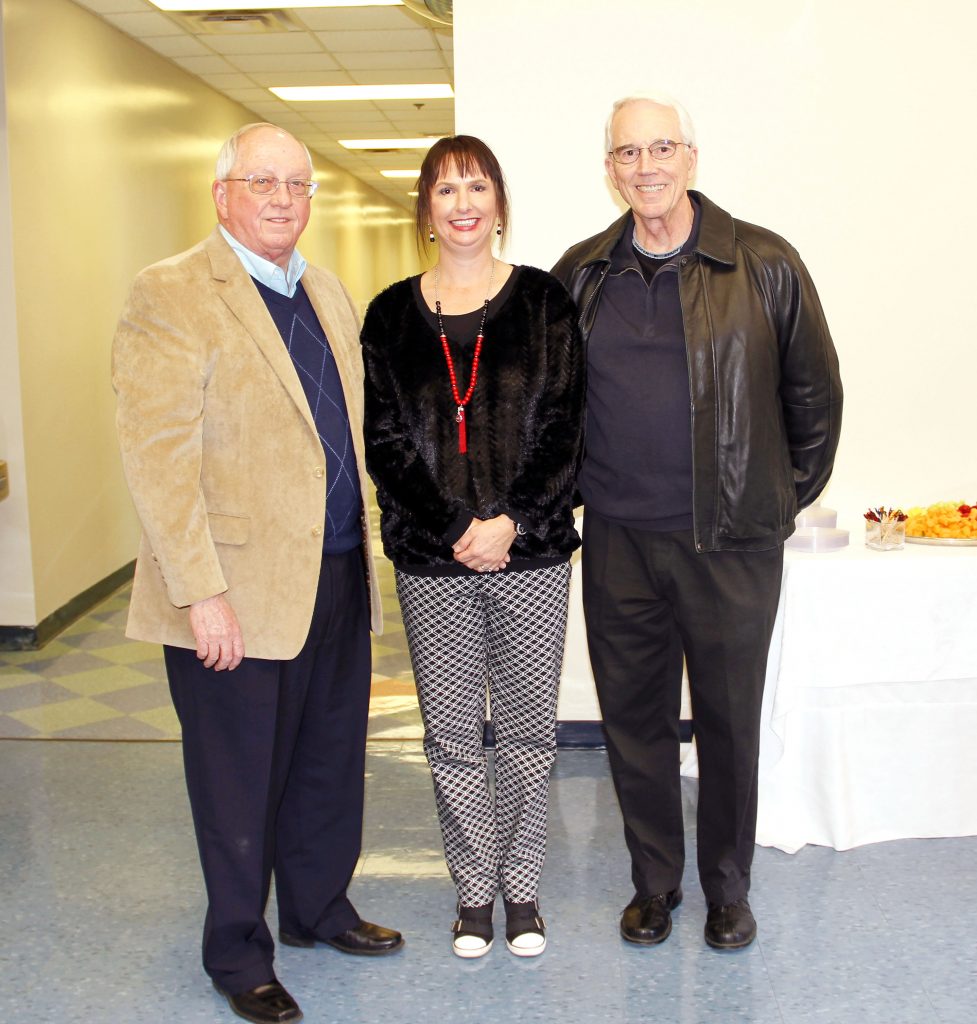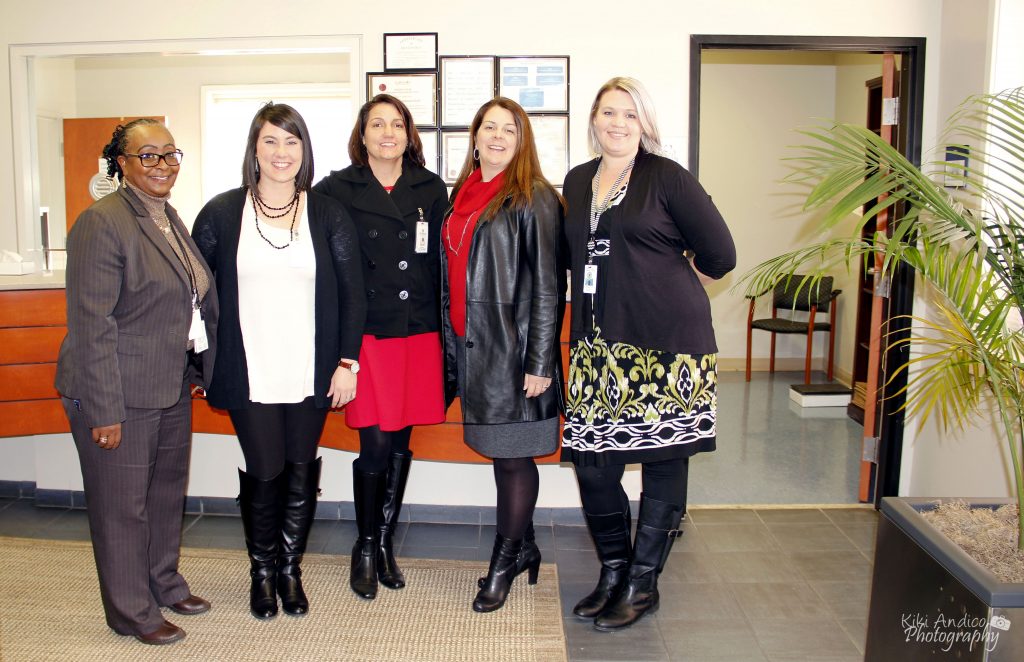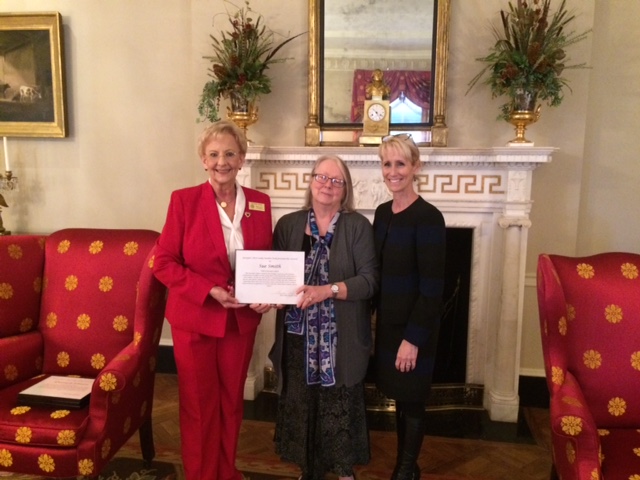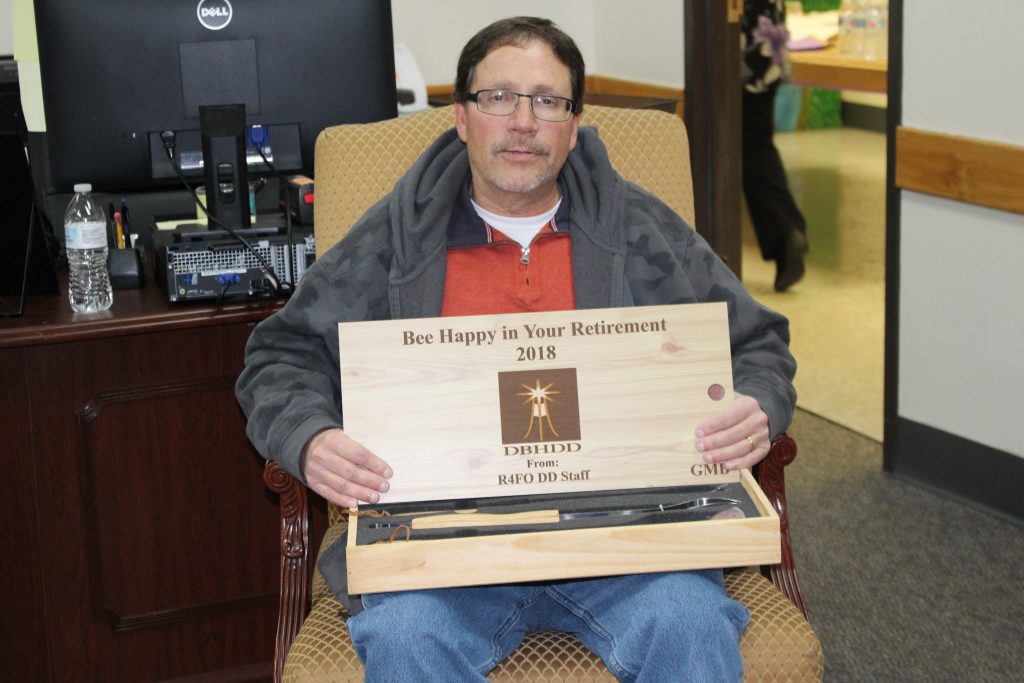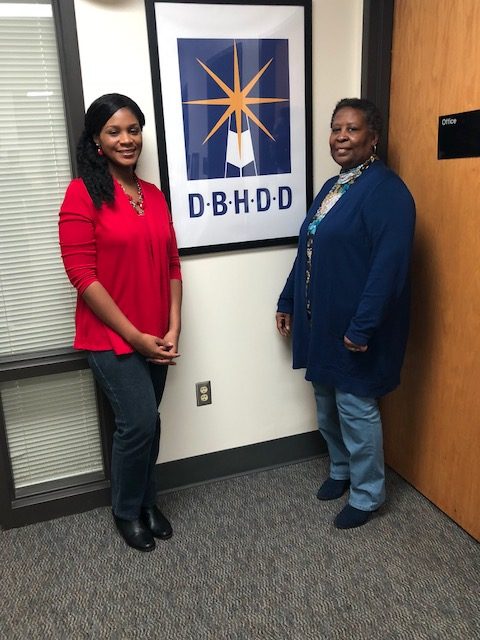Greetings! It seems that Spring is finally here and we can look forward to the celebration of Mental Health Month throughout May. Today, I want to celebrate mental health and more through an important story. It is the story of a decade of transformation at DBHDD. Since becoming a standalone agency in 2009, we have gone through a remarkable transformation, and it is time for us to honor our achievements.
This is our story.
In 2009, our system was inconsistent and fragmented. We were underfunded; many of the people we served were “stuck” in the wrong places in our system; we over-relied on our hospitals and lacked community services; we had outdated systems, and our compliance and quality improvement mechanisms were inadequate. The public safety net was broken.
The department we are today has completely transformed from this broken and fragmented system to one that embraces the hope of recovery and independence for Georgia’s most vulnerable citizens.
This transformation was not accidental. It did not happen overnight. We did not do this alone. Our transformation is the result of leadership, dedication, partnerships, and a commitment to doing better.
The first essential step was an acknowledgment of our deficiencies. Throughout this decade, we have successfully navigated a settlement agreement under the Civil Rights of Institutionalized Persons Act (CRIPA) with substantial and sustained hospital improvements. We have also made dramatic progress toward fulfilling our obligations under the Americans with Disabilities Act (ADA) Settlement Agreement.
Our transformation has at times been messy, but it is meaningful, authentic, and measurable, leading us to demonstrated outcomes that impact the lives of those we serve. It is important to tell our story to remind all of us of what we have undertaken and what we have accomplished.
After acknowledgment of the things that challenged us, our next step was commitment. We made a commitment that we were going to improve. We made investments in our system. We executed adjustments to our infrastructure and the way we do business. Under the leadership of Commissioner Frank Berry, we prioritized engagement of key partners. These changes fostered the development of updated strategies and enabled noteworthy enhancements to our service delivery system. Through all of these reforms, we have been able to make measurable improvements in the experience of interacting with DBHDD and our community service providers.
Since 2011, our system has had an infusion of $256 million dollars—more than any other state in the country. Through the generosity of Governor Nathan Deal and the Georgia General Assembly, we have used this funding to make significant improvements across our system.
In behavioral health, we transformed our safety net into an accountable, community-based, recovery-oriented system of care. We tiered our provider network, clarified standards, implemented key performance indicators, and reformed our funding structure to incentivize productivity. In 2009, we didn’t have assertive community treatment, behavioral health crisis centers, mobile crisis, supported housing vouchers, or supported employment. We have also expanded peer support to include youth, parent, and forensic services. Today, we have built a broad statewide behavioral health service continuum. We have more work to do, and we believe we have the vision, the support, the skills and partnerships to keep growing.
In intellectual and developmental disabilities, we have developed a system that is more individualized and responsive, and promotes independence. We have redesigned our waiver program to serve people in the most flexible and integrated manner possible. We’ve added intensive case management, and enhanced support coordination, supported employment, and community and family support. We have also expanded self-directed services, transformed nursing services, added nutritional services, and created high-risk surveillance to monitor people’s health and wellness in the community. In both behavioral health and intellectual and developmental disabilities, we have engaged with providers, advocates, families, and stakeholders, and the people we serve throughout our transformation so that our work truly reflects what is needed.
At the enterprise level, we implemented a reorganization to modernize our internal structure. We have centralized and functionally aligned our field offices and central office, and we increased oversight of our hospitals through governing body. We have maintained experienced, capable, and passionate leadership teams across our hospital system. We contracted an administrative services organization to streamline administrative functions with better tools to manage system use and performance. We continue to improve these elements. Our internal offices of Information Technology, Learning, Legal Services, Budget and Finance, and Facilities Management have made significant shifts in their focus on serving their customers within the department; and our Office of Public Affairs led a brand refresh to update our logo and branding in a way that truly reflects DBHDD’s professionalism and values. We have a smart, engaged board that provides support, guidance, and perspective on our mission and plans.
Finally, we have focused on staff development to make DBHDD an exciting place that people want to work by offering a number of great opportunities like the Strengths Deployment Inventory (SDI) and the Management Academy. We did this because our employees matter. You matter. Your experiences in your jobs and with each other influences your work and your heart for service. I am so proud to represent what we have achieved and our commitment to continuous improvement.
This is who we are. This is what we do. This is our story.
I hope you will join me in telling it and celebrating all the work you have done to transform our system for the people we serve.
Judy Fitzgerald
Commissioner
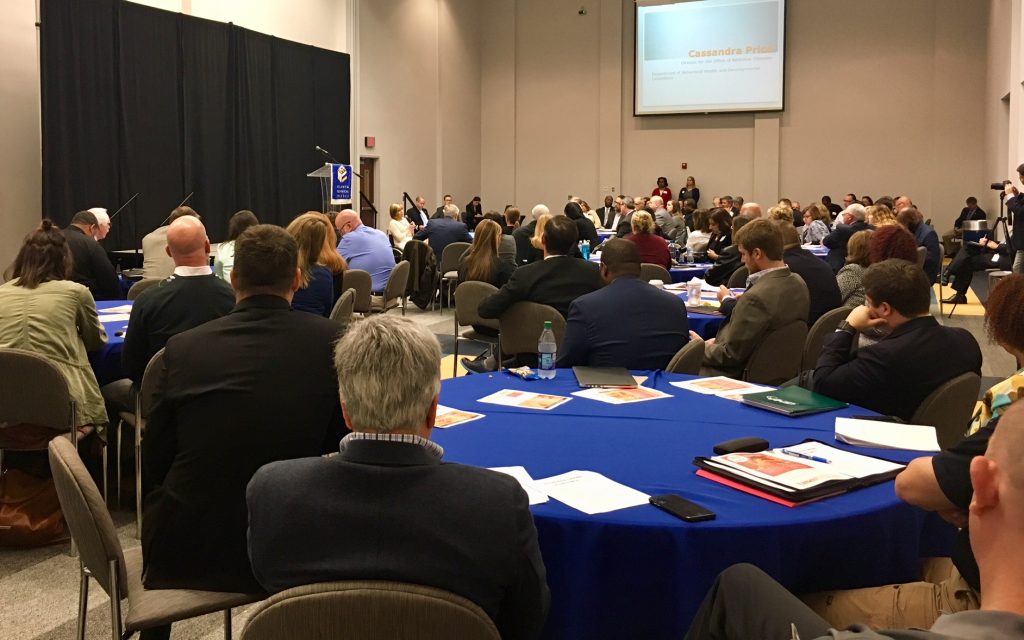
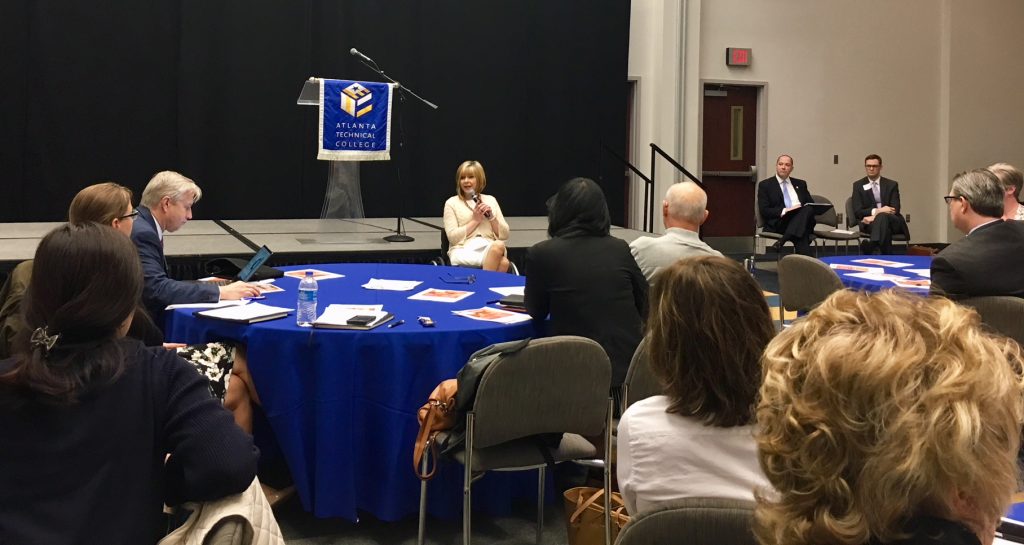
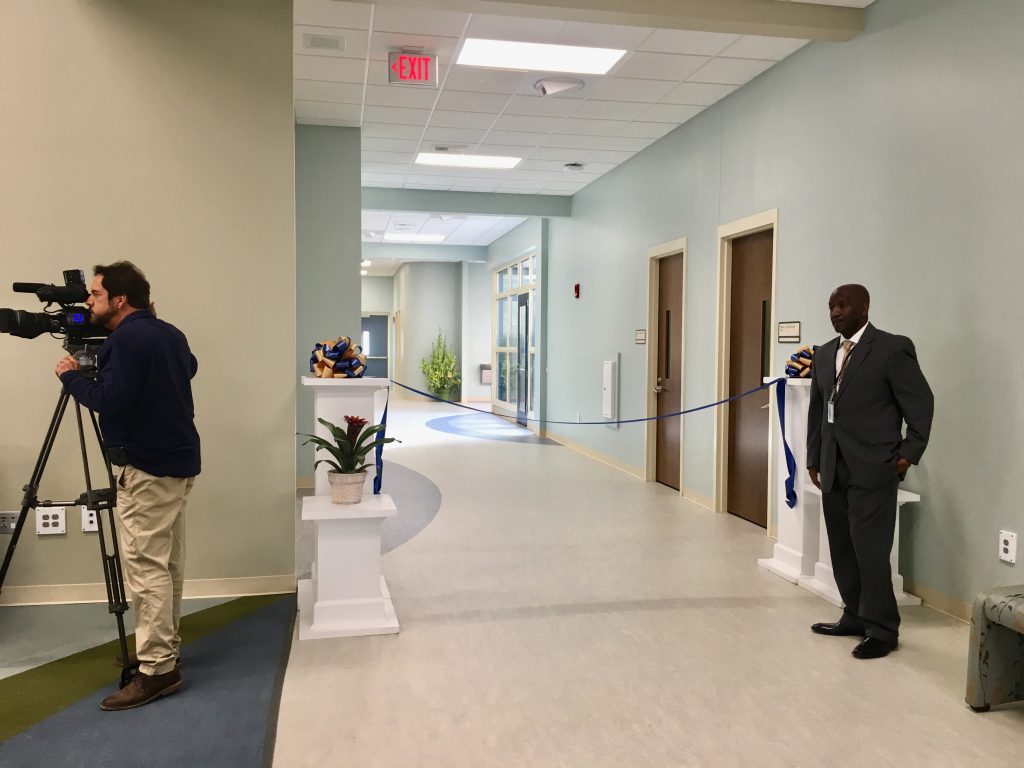
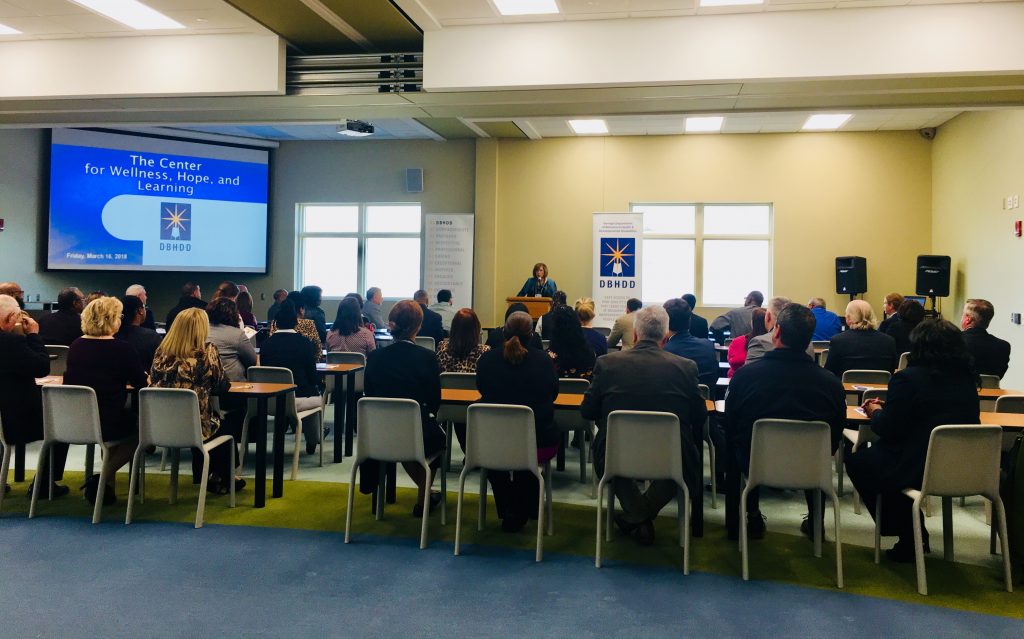
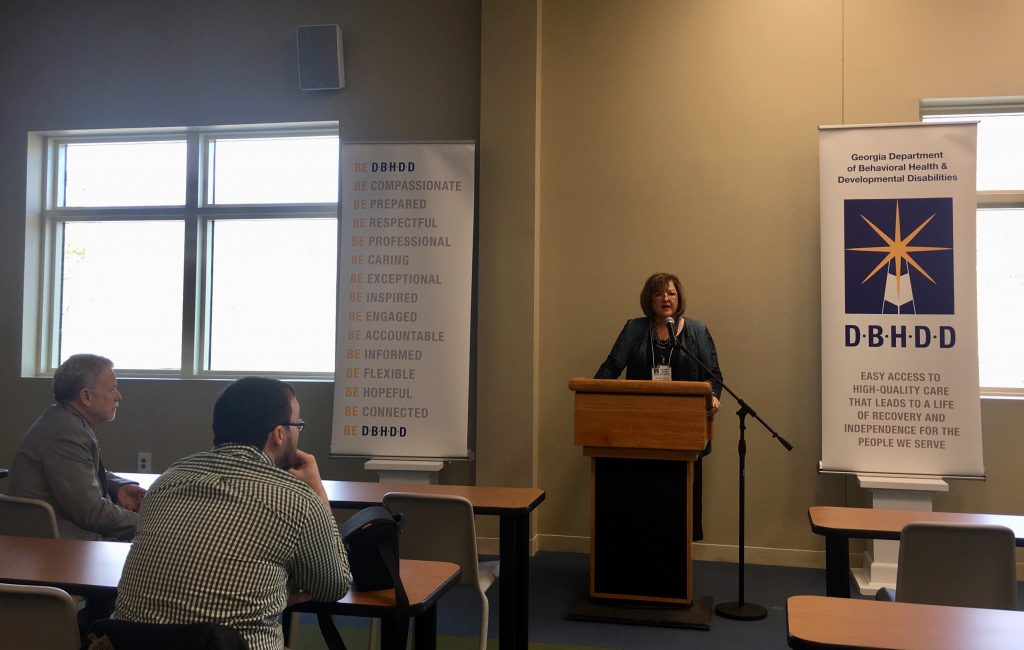
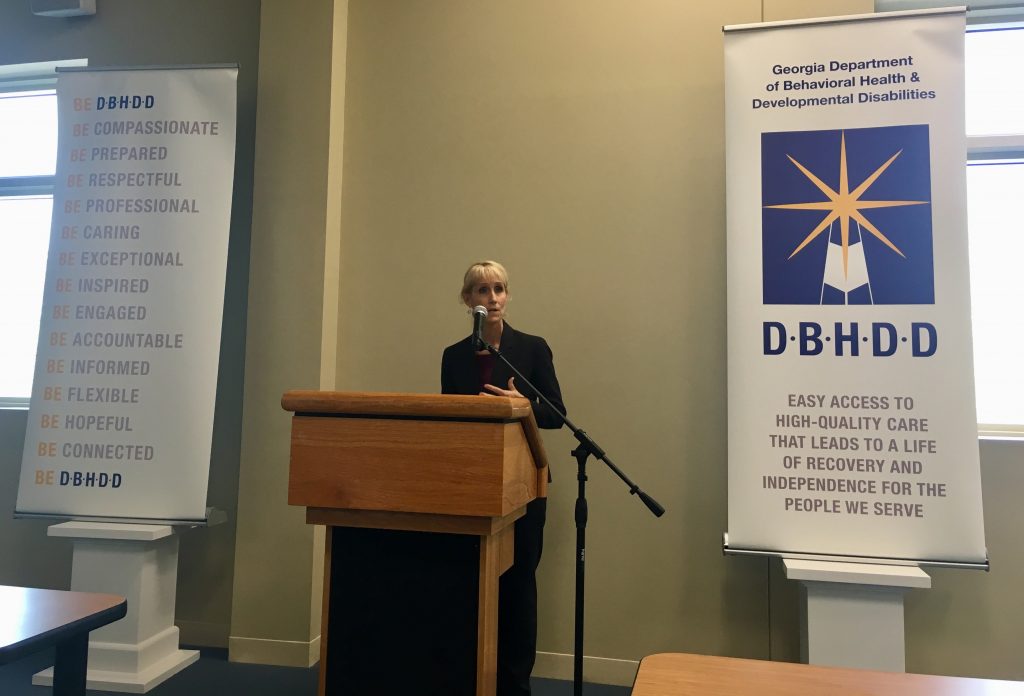
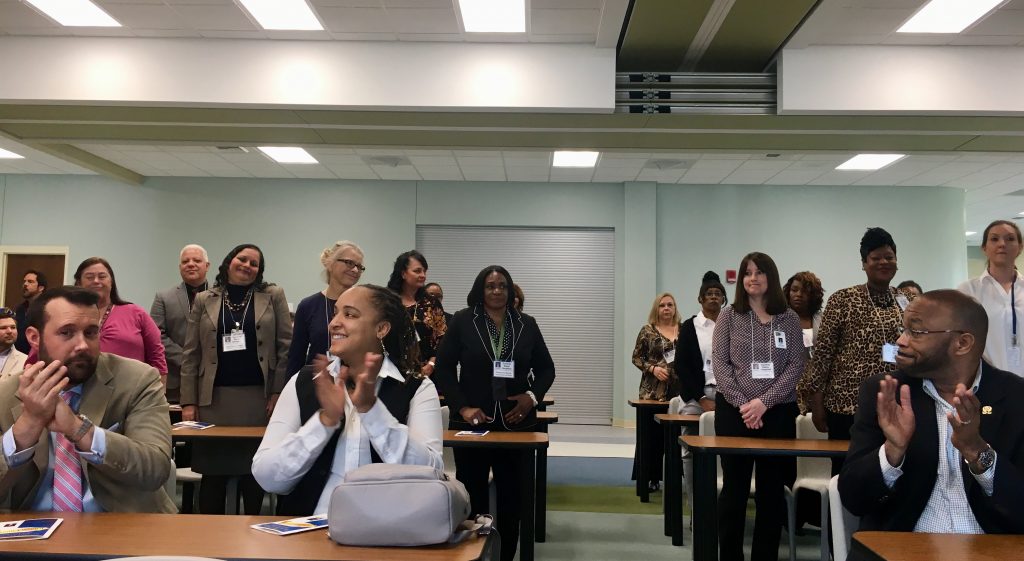
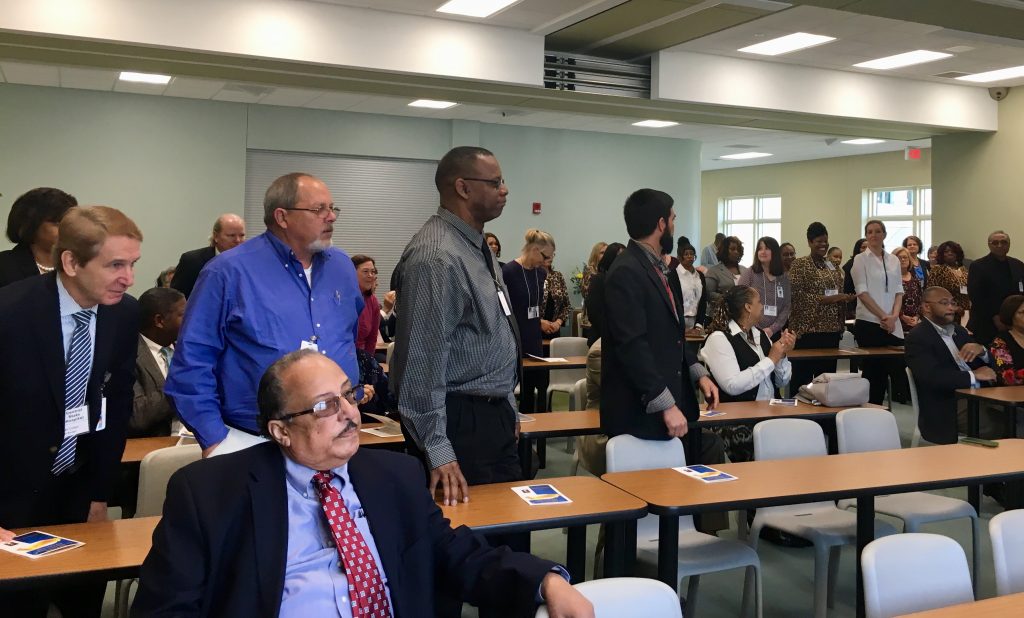
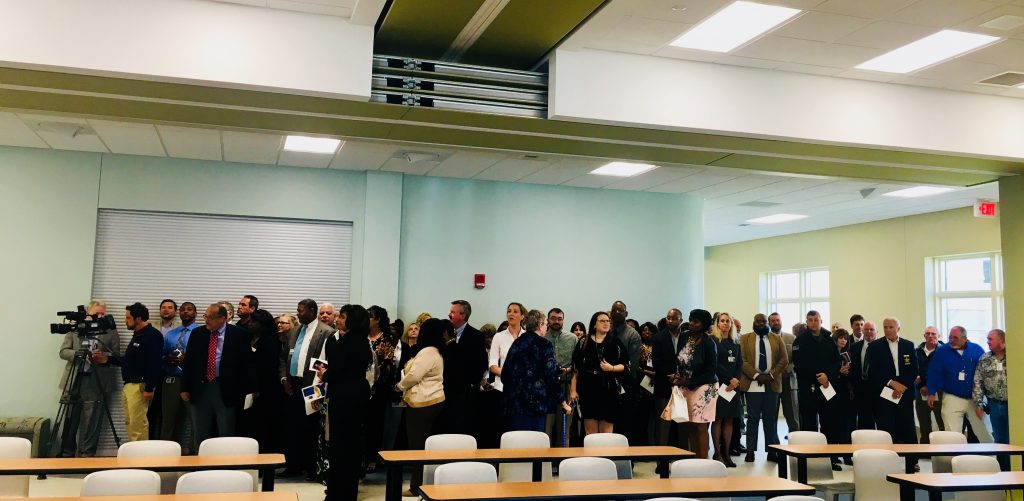
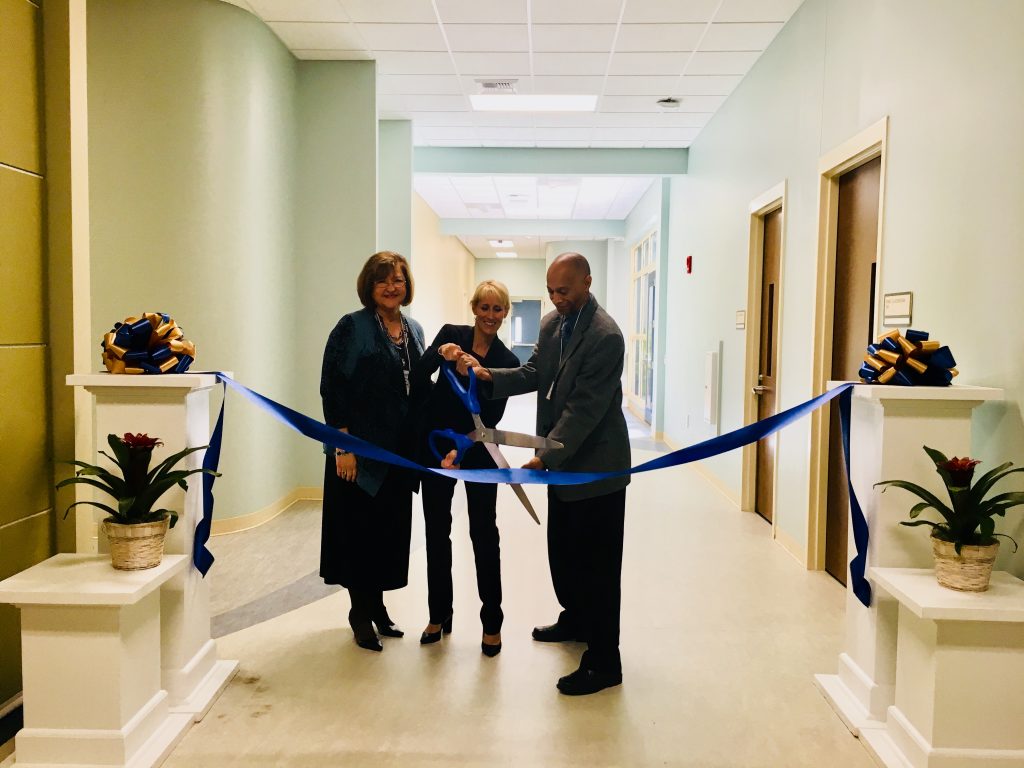
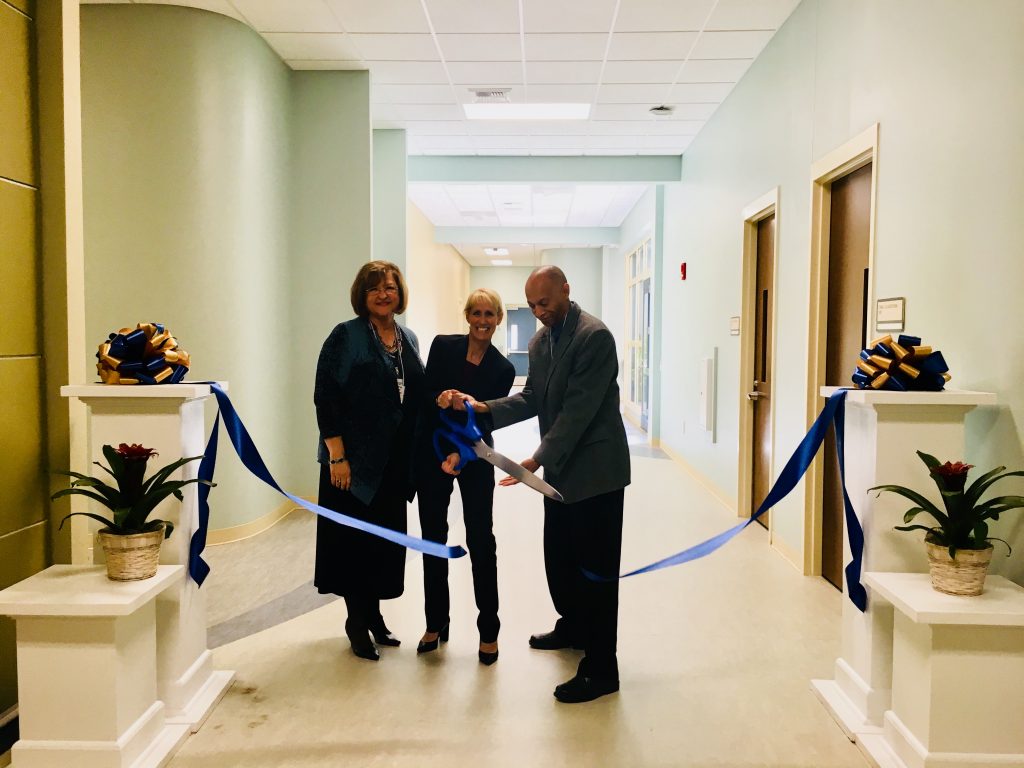
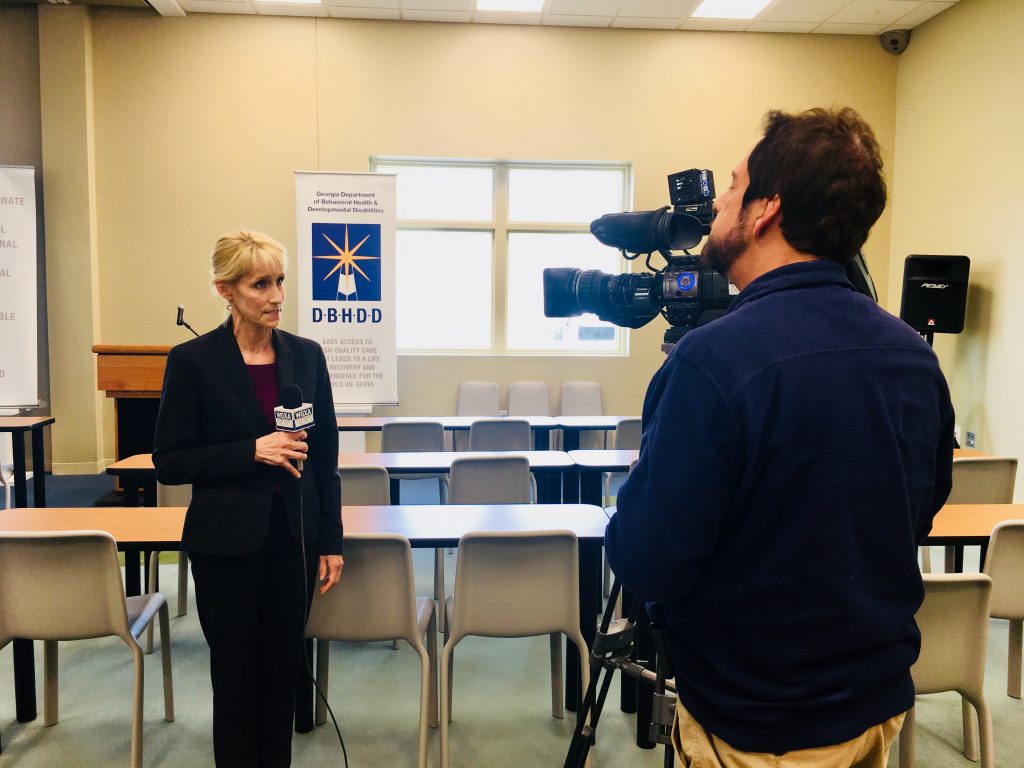
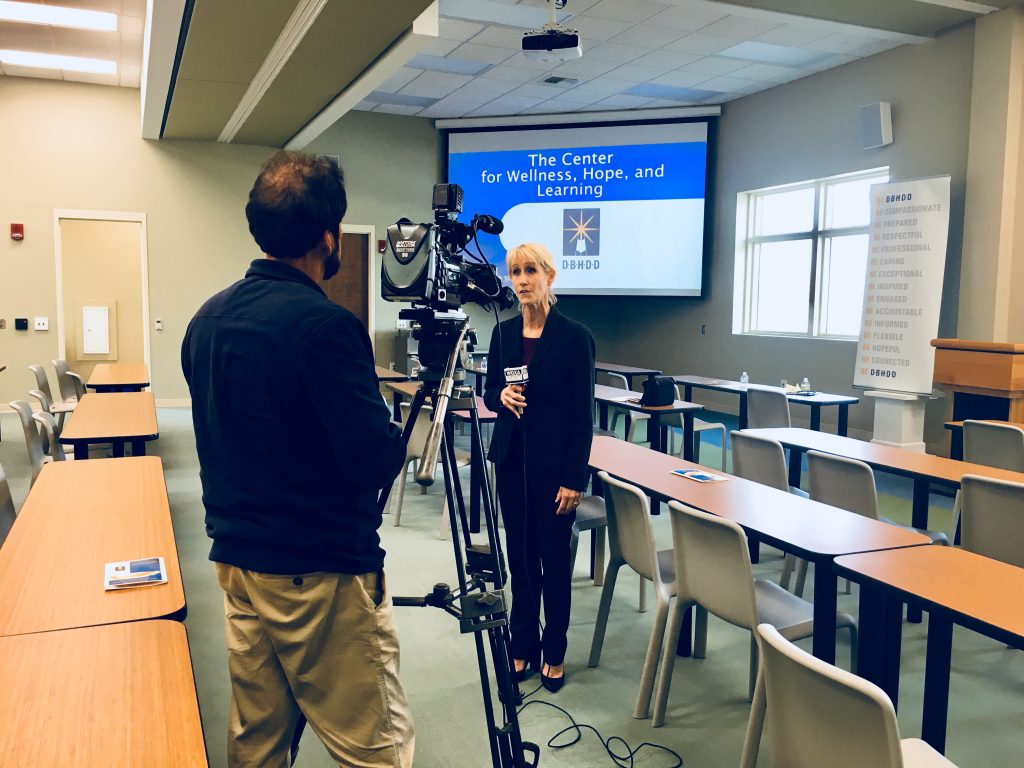
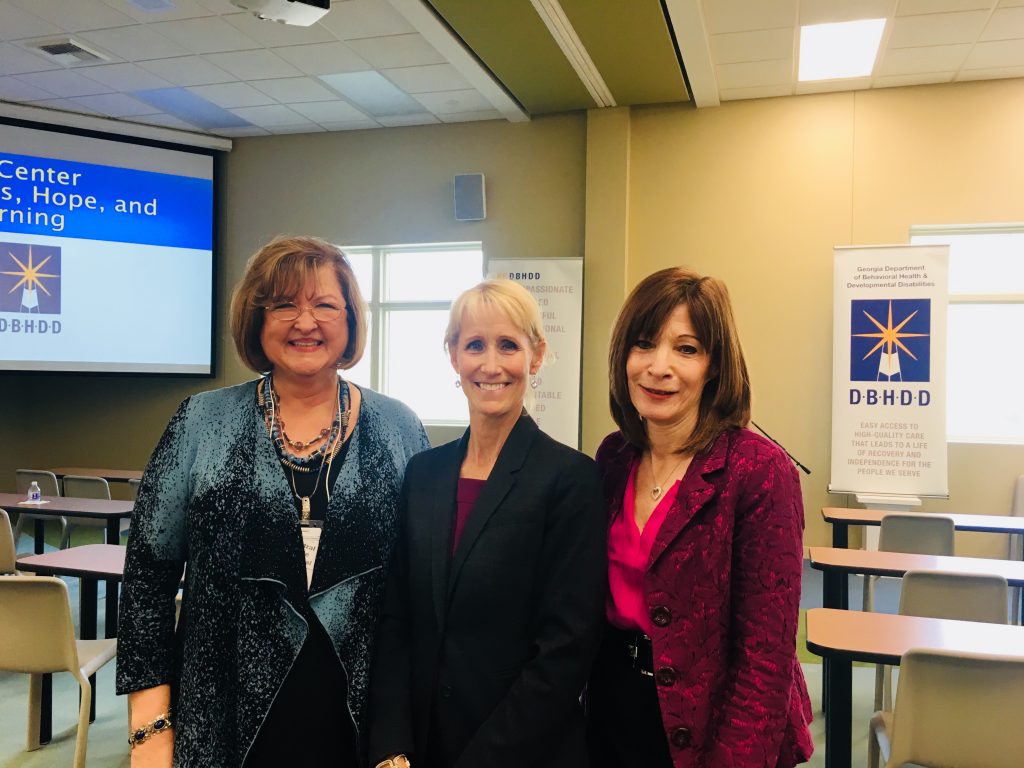
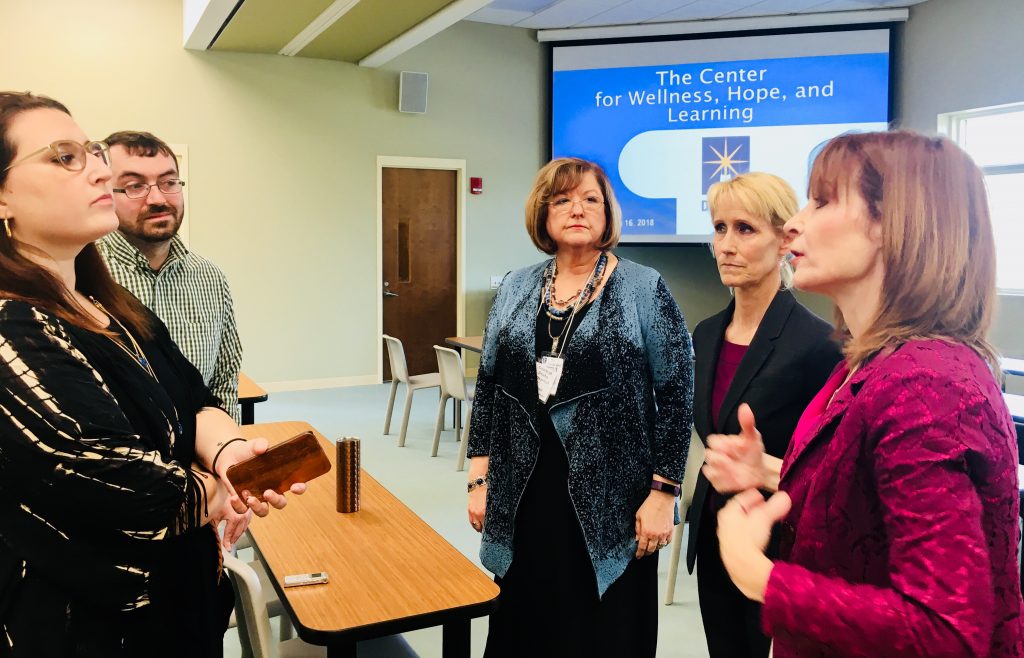
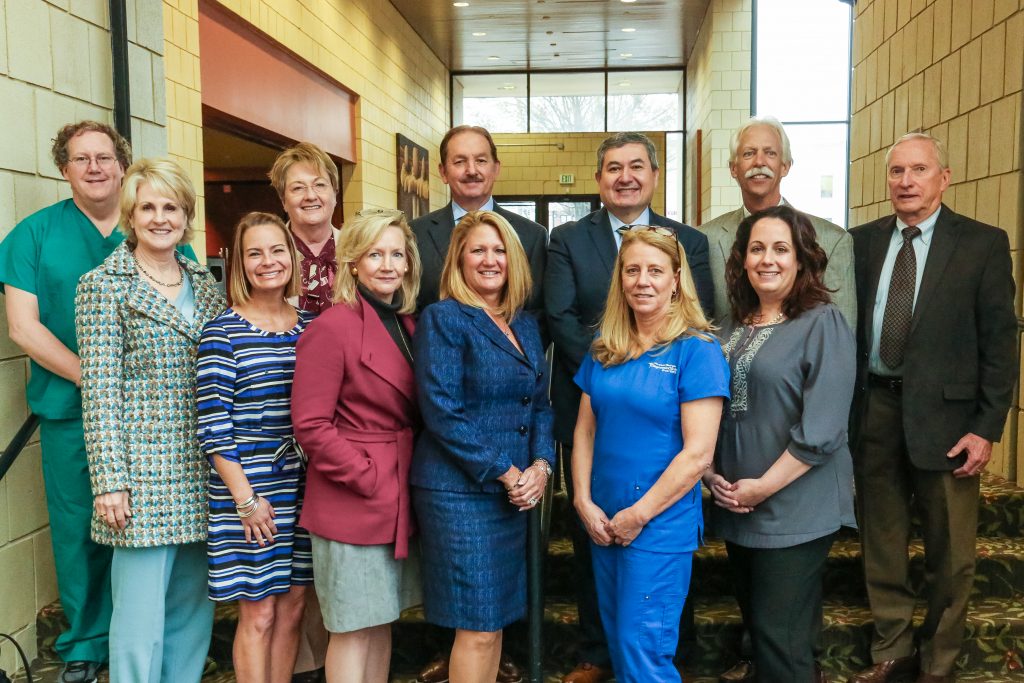
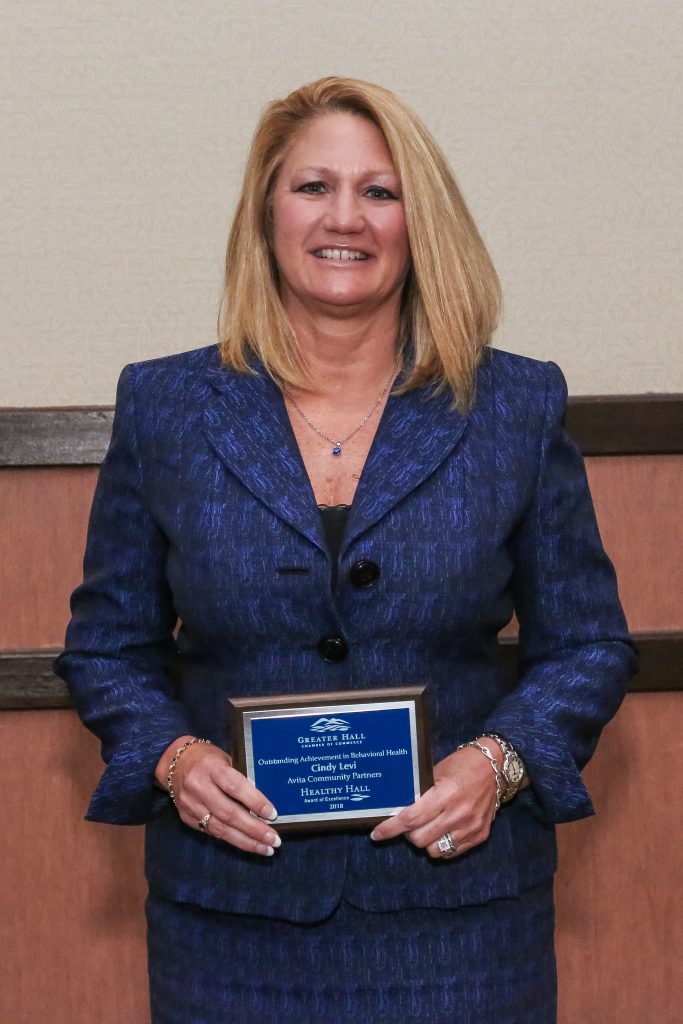
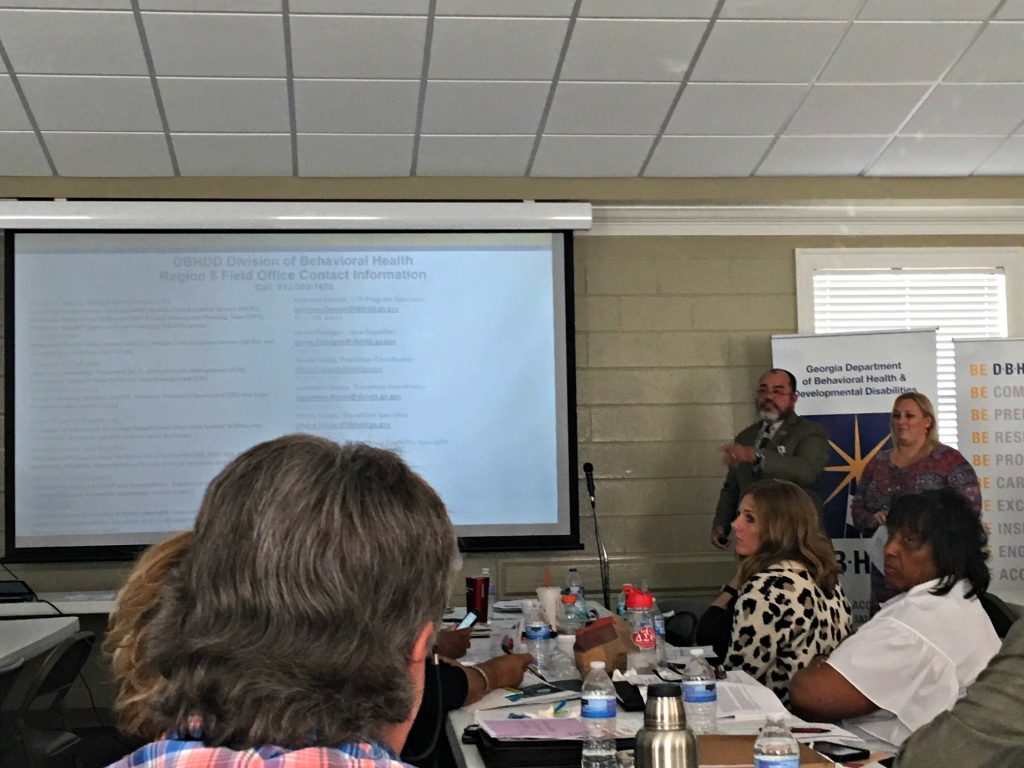
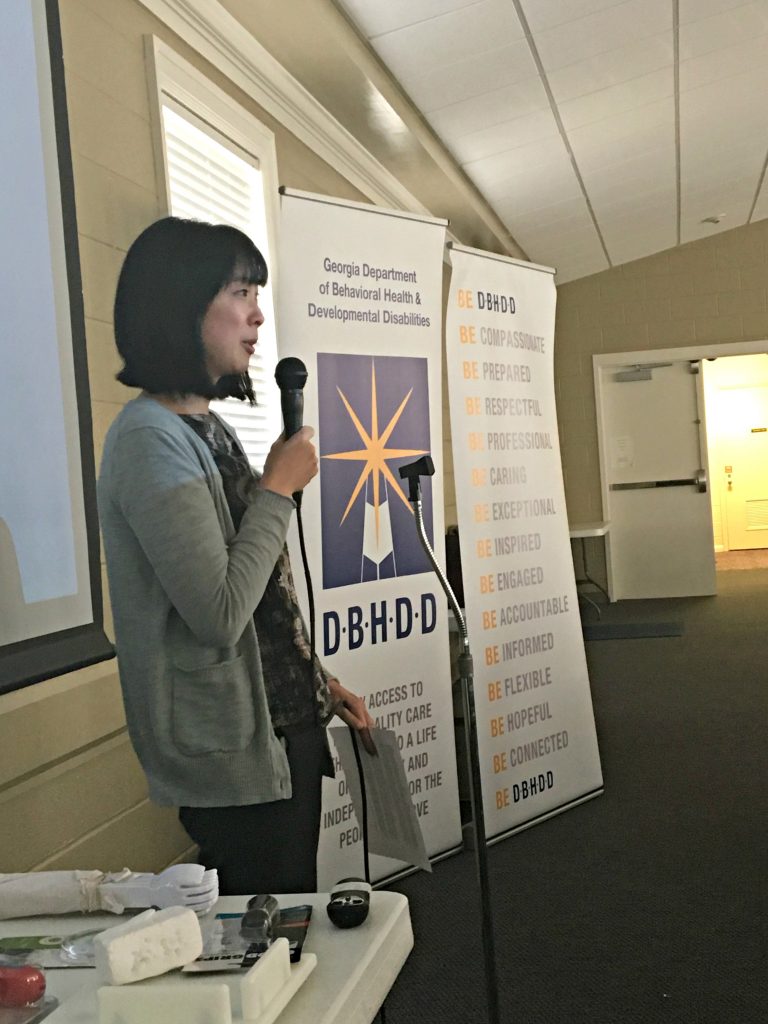
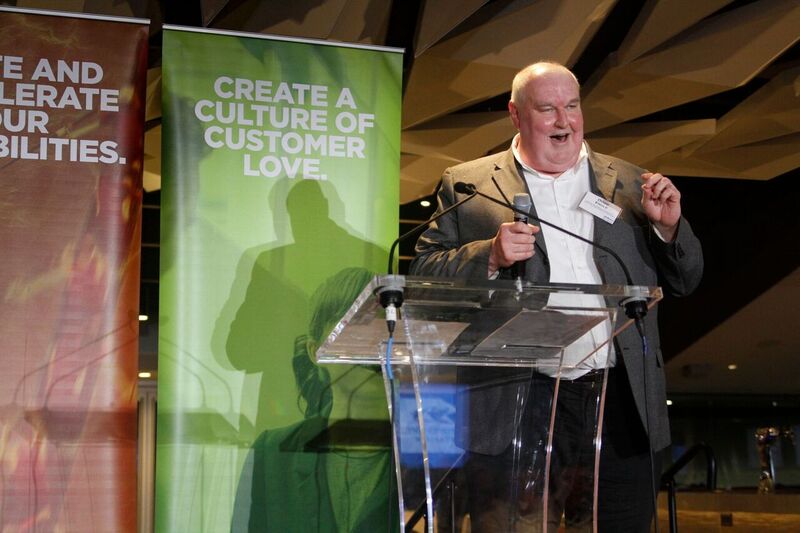 Customer love fuels Slalom’s day to day and speaks to a two-way relationship that can impact all involved on both a professional and personal level. Because of customer love, Slalom consultants are excited to go to work and their clients like working with them. Slalom had a long history of celebrating their internal accomplishment and their people, and the time came for them to celebrate those clients that bring out the best in Slalom. So they thought it was only fitting to recognize their clients that best support them in creating a culture of customer love.
Customer love fuels Slalom’s day to day and speaks to a two-way relationship that can impact all involved on both a professional and personal level. Because of customer love, Slalom consultants are excited to go to work and their clients like working with them. Slalom had a long history of celebrating their internal accomplishment and their people, and the time came for them to celebrate those clients that bring out the best in Slalom. So they thought it was only fitting to recognize their clients that best support them in creating a culture of customer love.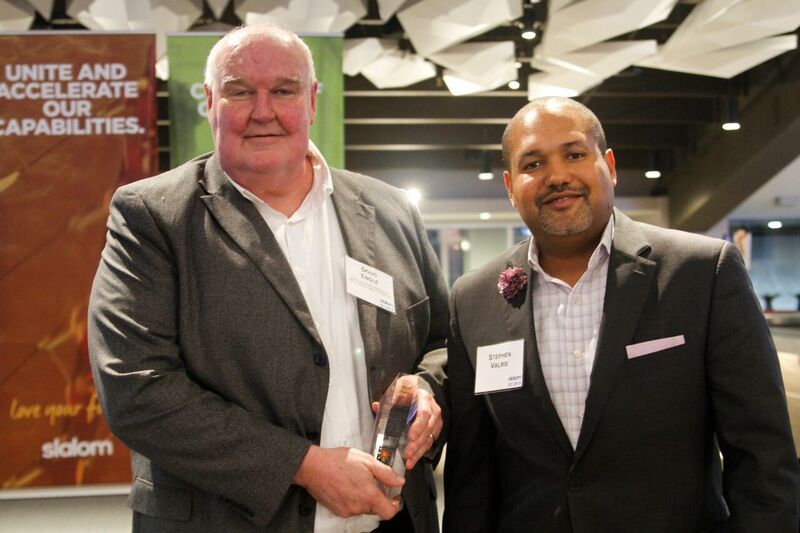
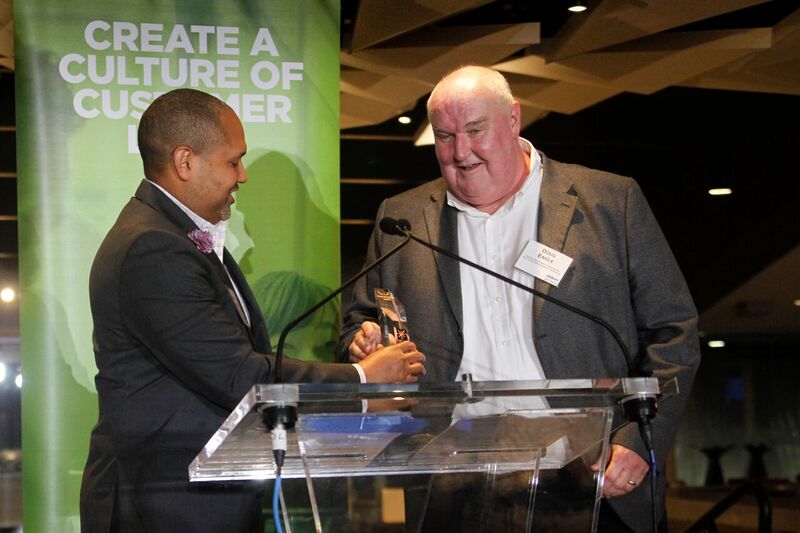
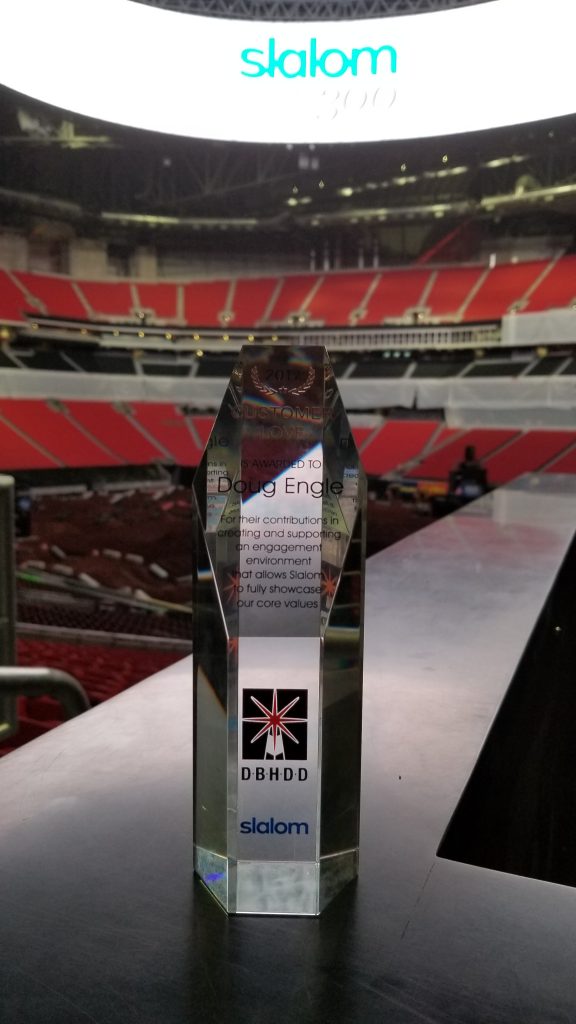
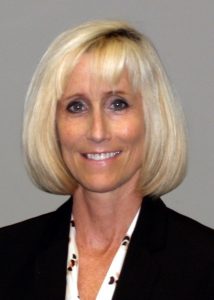 2018 is off and running. Between budget and legislative activities, and our ongoing system-wide transformation, we continue to drive toward the end of the ADA Extension Agreement, scheduled for June 30, 2018. As we focus on these significant strategic priorities, I wanted to take a pause and revisit our “WHY?”. Why do we embrace our challenging mission to serve some of Georgia’s most vulnerable citizens?
2018 is off and running. Between budget and legislative activities, and our ongoing system-wide transformation, we continue to drive toward the end of the ADA Extension Agreement, scheduled for June 30, 2018. As we focus on these significant strategic priorities, I wanted to take a pause and revisit our “WHY?”. Why do we embrace our challenging mission to serve some of Georgia’s most vulnerable citizens?
